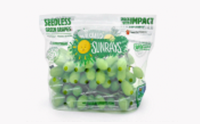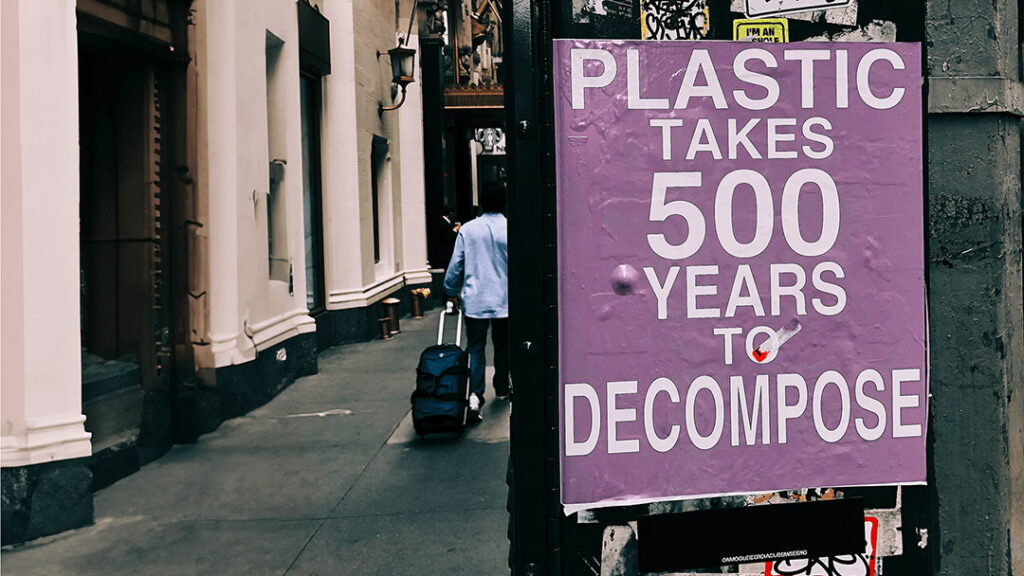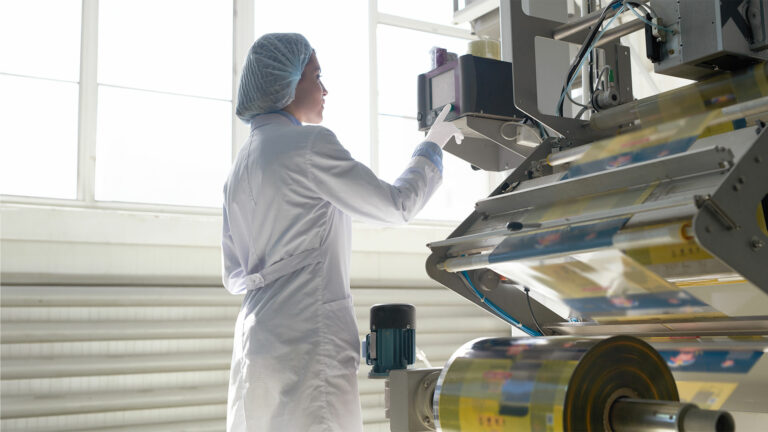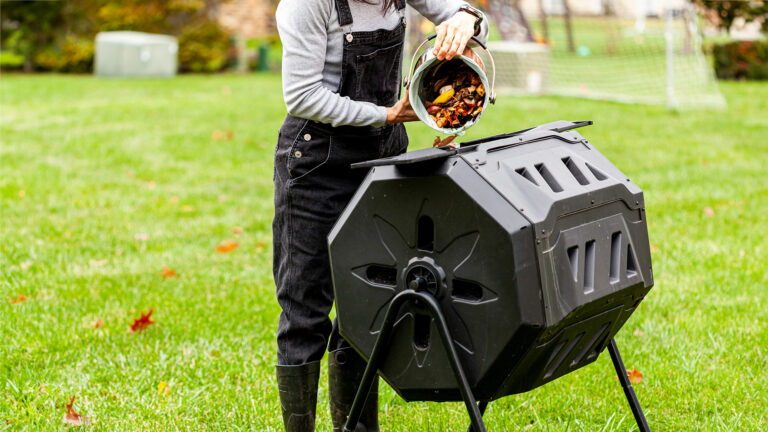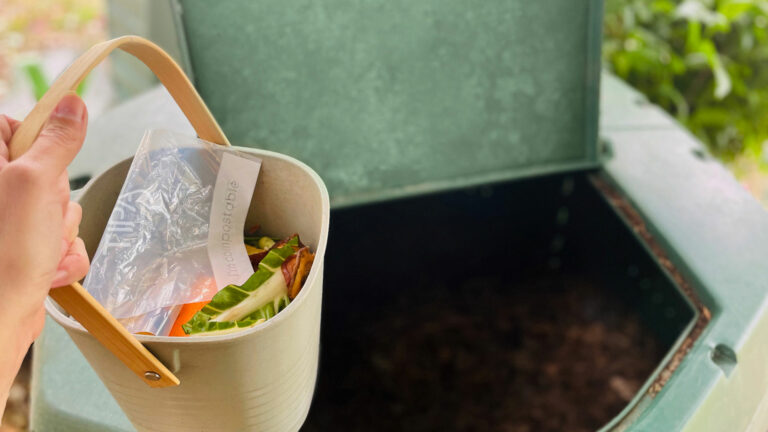Plastic pollution is one of the world’s most serious environmental challenges today. Plastics, especially the microplastic particles that result from plastic breaking down over time, are polluting land and waterways around the world, killing millions of animals each year and making their way into drinking water and posing a growing threat to human health. The problem is set to get worse: plastic production is on track to double by 2050, and plastic waste will triple by 2060.
Beyond Bans and Taxes: The Need for Comprehensive Solutions
On a positive note, there are many initiatives in the U.S. and globally that aim to reduce plastic waste, and the United Nations, which is in the process of creating an international plastic treaty, believes that plastic pollution can be reduced by 80 percent by 2040. However, the challenge with many programs, regulations and educational campaigns to reduce plastic is that they focus heavily on reducing single-use plastic through bans and taxes, or by recycling.
In order to actually reduce the impact of plastic on the environment and human health, we need to move away from a mindset of banning, recycling and taxing plastic, and think toward new innovative types of packaging. One promising solution that is gaining more attention, and was even cited in the United Nations proposed road map to reduce plastic waste, is compostable packaging as a way to re-orient. The UN suggests that up to 17 percent of all plastic can be substituted with compostable plastics or other compostable materials. When compostable items, including packaging, are placed in a home or industrial composter, they break down into organic matter. In true circular fashion, this resulting organic matter, aka compost, can be used in backyard gardens and agricultural fields.
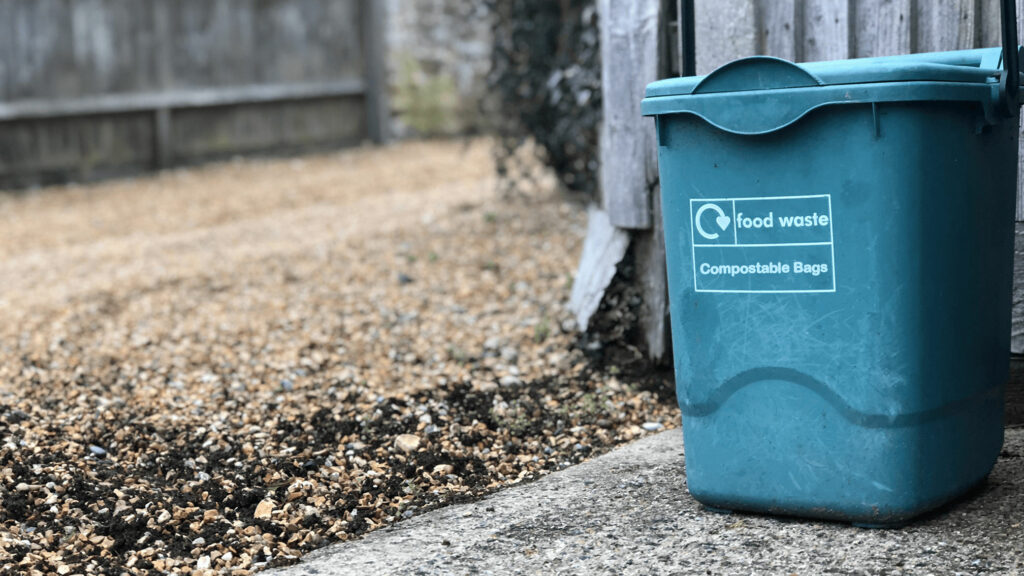
Embracing Compostable Plastics: A New Era for Packaging
Compostable packaging offers many of the important benefits of traditional plastic packaging, including an ability to keep products fresh and clean, and transparency so that consumers can see the goods they are buying. But this type of plastic is clearly different, as it becomes waste that nourishes rather than pollutes the planet: use of compost on fields is key to mitigating climate change and making sure the food supply is adequate for a growing population.
As compostable plastic becomes more popular, regulators, waste management professionals and community leaders need to recognize this difference.
Compostable plastic bags and other packaging should not be taxed or banned, as often happens, simply for being a single-use plastic product. This type of plastic is clearly in another category: single-use – but with an environmental end-of-life. To make sure this compostable plastic is disposed of properly, the world needs more composting facilities that accept these materials, and easy and convenient access to them, including curbside pickup, like we have seen recently in cities like New York and Los Angeles. For consumers and businesses, composting packaging should be just as simple as tossing packaging into a recycling bin.
A threat to our future – and a solution for businesses
Plastic has never posed such a danger to our future as it does today and it’s only getting worse. To counter this, while still allowing for businesses and consumers to thrive, we need to think beyond bans and recycling when it comes to single-use plastics. With the right innovative attitude and policies, compostable plastic can not only protect our food, clothing and medical supplies, but it can protect the planet. It is time for a new era of single-use plastics.









